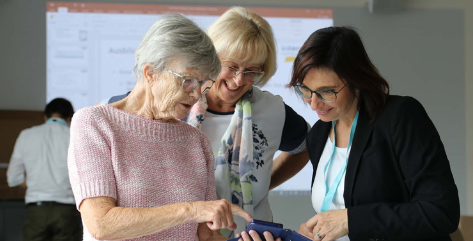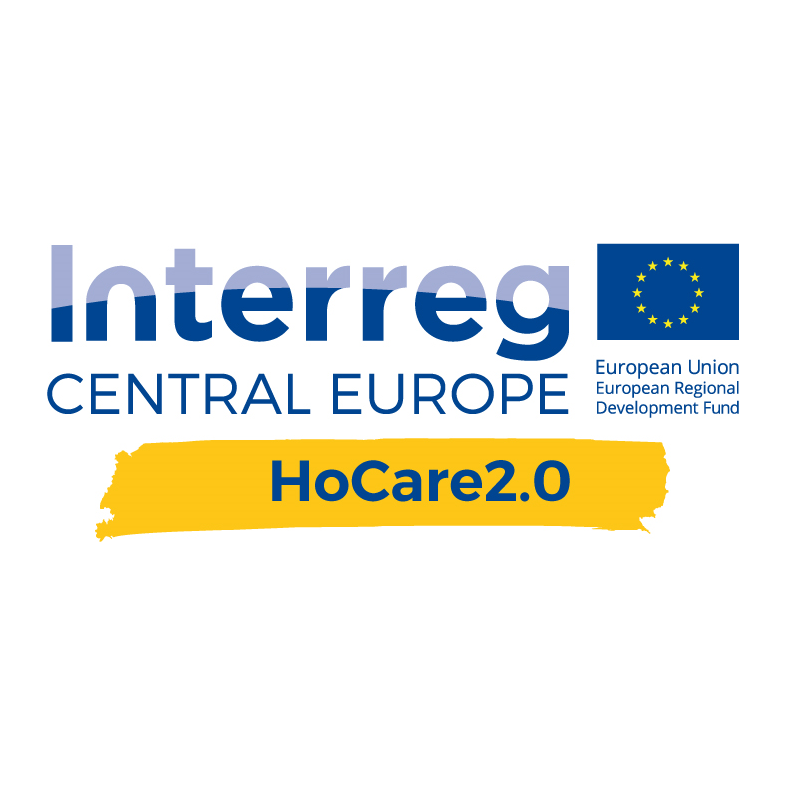
- Search term must have more than 2 characters.

An efficient way is to involve the end-users in the design process of homecare products and services. To ask them how to do it better. This approach is called co-creation. SMEs and public service providers in 6 European countries are currently testing this method to give others an idea about challenges and good practice. As a result, they come up with innovative solutions such as applications for improvement of social well-being and virtual medical appointments.
Social well-being is one the key areas of the silver economy. Simple Wool - a company based in Poland - has come up with the idea of an application for smartphones called Life Lines which allows seniors to keep up social relations with family members and friends and simultaneously helps those with memory lapses by memory training. The application puts together the possibility of keeping important memories, dates and pictures in a private manner and staying in touch with close people. At the same time the application keeps things simple and senior-friendly.
The development of the application was aided by seniors and their family members from early on. They participated in activities such as focus groups and interviews. “The feedback from the end-users was very useful and also at some point surprising for the SME. It was the seniors who suggested some important app functionalities. Such adjustments are only possible with the engagement of end-users of a given product as the feedback is provided from their perspective.” says Ms. Mudryk, owner of Simple Wool. She adds that “the development of any product (not only of an innovative one) makes only sense when the end-users are involved from the very beginning into the development process. Also, before starting working on the 1st prototype of any product, the needs of the end users need to be examined whether a development of such a product makes sense at all.”



Not only the private sector aims to innovate homecare services. The University Hospital Dresden as a public service provider in Saxony, Germany looked for a solution which could offer seniors the possibility of easily accessible and safe medical care. Together with another public service provider Cultus GmbH, which operates nursing homes and home care, they developed a new innovative service “video consultation with assistance” where seniors, after being pre-checked by their formal carers, can be examined virtually. They are supported by an assistant who is responsible for preparing, accompanying and following up the video consultation.
Thus, seniors in non-urgent situations can still access medical care without the inconvenience of transport, waiting rooms and most importantly without the risk of infection which in the light of the covid-19 pandemics ever increases in importance.
Throughout the design development process seniors, their carers and also gerontologists were asked for feedback. Virtual group meetings, role plays, tests with the general practitioner in charge and individual interviews are examples of methods used in the co-creation process. With the help of feedback loops, the comments of all participants on the process were incorporated into the final design of the service.
“In general, co-creation is a multi-way learning process,” says Lenka Hanušová from DEX Innovation Centre who is also taking part in the testing. “Of course, the products and services are designed mainly for seniors and their family members. However, all other involved participants benefit from the process, too,” adds Lenka Hanušová.